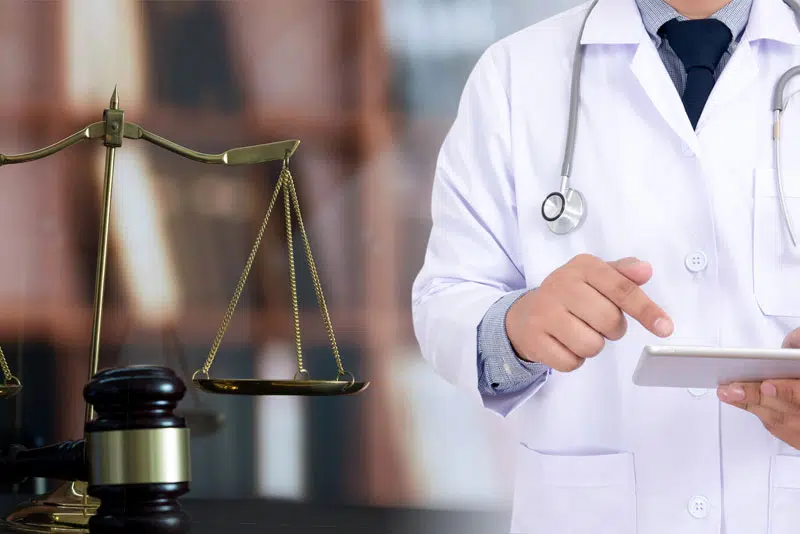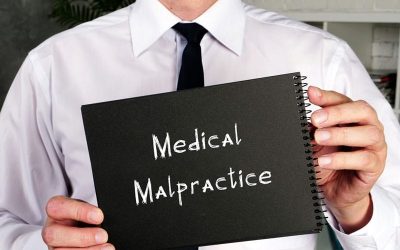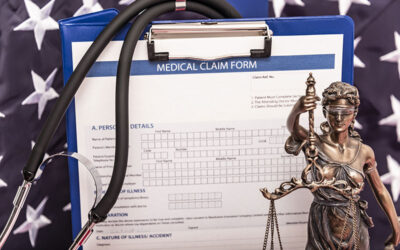A medical malpractice lawsuit is filed when a doctor or other medical professional’s negligence has directly resulted in serious injury to a patient. However, in certain cases, patients may also be equally responsible for the injuries, not just the provider. This is referred to as contributory negligence. This is a valid defense in medical malpractice cases, and defendant attorneys may use contributory negligence as a tool to argue against the plaintiff.
Medical malpractice cases that involve contributory negligence can make the case more complex. In order to establish the patient’s role in the negligence, the defendant must prove that the plaintiff is as responsible as him, and when the patient was partially at fault for his/her injury. Plaintiff as well as defense lawyers find medical review services useful when it comes to reviewing the voluminous medical records relevant to the case.
Some examples of medical malpractice contributory negligence are –
- The patient is not consuming the prescribed medications as recommended by the doctor. If any injury occurs as a result of the same, the doctor could claim contributory negligence because the patient did not follow their medical recommendation.
- The patient not returning for another screening within the recommended period of time. Here, the patient could be considered partially at fault if they are ever diagnosed with any other conditions down the road.
Other instances include:
- Not undergoing the diagnosis test recommended
- Not disclosing their complete medical history to providers, which may include previous surgical procedures and any known allergies
- Lying about their personal or family medical history
- Engaging in activities that can worsen the injury or medical condition
- Not following the doctor’s treatment or post-operative instructions
- Leaving the hospital against the doctor’s advice
- Not seeking further medical assistance, even if symptoms persist
- Not following the lifestyle changes recommended by the provider, such as avoiding smoking or alcohol
Plaintiff injured as a result of a medical professional’s misdiagnosis, medical mistake, or wrong treatments may be entitled to compensation. However, if the jury believes that the patient is more at fault for their injury, then it may lead to the compensation being denied. Both the plaintiff and the defendant are legally responsible to pay for the damages. Claim for damages by the plaintiff is reduced to the extent of his or her proportion of negligence.
To prove contributory negligence in a medical malpractice case, the physician-defendant has to prove three key points such as
- the plaintiff’s negligence was the immediate cause of the injury
- the negligence occurred simultaneously with that of the physician
- the patient was well-informed regarding the severity of the condition and the significance of the treatment for the condition
Attorneys on both sides have to conduct a thorough investigation of the claim, collect all medical records and reports related to the case, and seek witness testimonies to support the case. Those voluminous medical records can be reviewed with the support of experienced medical review companies. The patient’s confidential healthcare information can be extracted from the medical records. A thorough medical records analysis by a professional medical record reviewer can help attorneys to successfully develop and argue their case.




